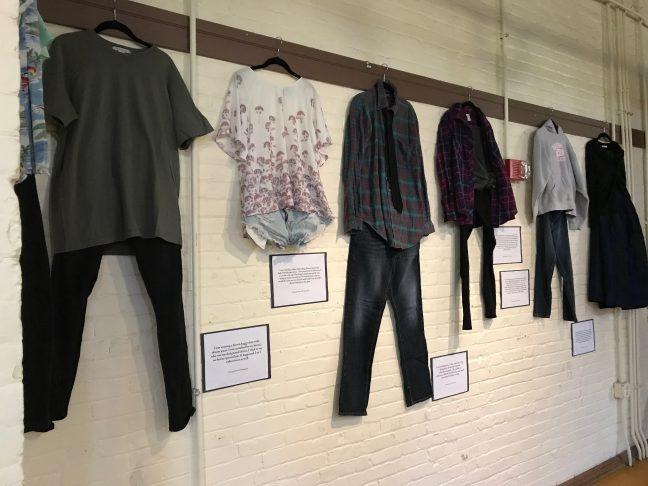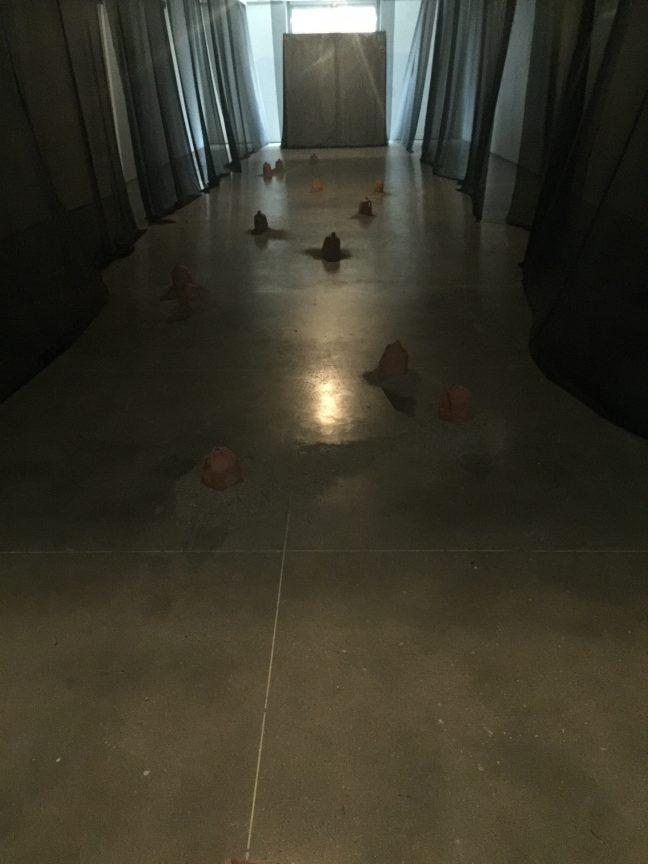
The average skateboarder or longboarder enters the “scene” sometime in their teenage years. Middle-aged parents Barry and Marcy Tilmann were a little late on the trend, only seeing their time consumed by it in recent years after it took the life of Ian, their son.
Ian Tilmann died the night of May 16, 2005, riding down “Cemetery Hill” in Clearwater, Fla., on his longboard. His board stopped suddenly when one wheel rubbed against the underside of his deck, throwing him off abruptly at an estimated speed of 20 mph.
He wasn’t wearing a helmet. His skull cracked from one ear around the back of his head to his other ear. Upon impact, his brain hit his skull in four different locations. Over the next week, his brain swelled into his brain stem, inhibiting his body’s ability to perform basic functions like breathing.
Ian never regained consciousness and, after 10 days in the hospital, died from the injuries sustained to his head. Barry and Marcy believe a helmet would have saved his life.
Despite his size, at 5-foot-5 inches and 115 pounds, Ian joined the Marines earlier in his life, not only avoiding serious injury, but also winning numerous commendations. He found his passion not only in longboarding, but also in motorcycle riding, and made sure to wear his helmet when riding his motorcycle.
In the 10 days after the accident and before Ian’s death, money began to pour in from friends and family to aid in his recovery and rehabilitation. Marcy recalled, “When Ian died, I knew immediately what to do with the money,” and she wasted no time in pursuing that goal.
The parents committed the money to purchasing helmets to give to others in hopes of preventing such a tragedy from happening to someone else and their family. Those were the seeds that would grow into the Ian Tilmann Foundation. The core idea of the foundation is simple: By simply filling out a one-page contract promising to wear a helmet, any rider is eligible to receive a helmet for free.
The foundation has become an integral part of the skateboarding community in the United States, especially for longboarders, and has become part of a growing pro-helmet movement gaining momentum across the globe.
The Tilmanns, too, have become an important part of the longboarding communtiy. Barry is constantly travelling around the U.S. to represent the foundation. It makes a regular appearance at the Surf Expo event biannually, alongside established names in the extreme sports industry. Barry has even spoken in front of tens of thousands of Marines on the importance of helmet safety – since many Marines, like Ian, participate in one or more extreme sports.
From a small, grassroots initiative, the organization has grown into the only national organization of its kind. Now, Barry is pushing to organize races around the country with the help of local contacts in hopes of creating a regular race schedule. With each race, there will be a pool of new riders signing up for races requiring helmets.
When referring to the 3,600-plus helmets they have given away to date, Marcy remarked, “We’ve made a start.”
By pushing helmet safety and helping to organize legally sanctioned races of all types across the country, the foundation has helped to legitimize a sport once on the fringe of the public view. The Ian Tilmann Foundation has proven some riders are dedicated enough to wear a helmet, and some are even willing to dedicate their time contributing to the cause in whatever ways they can.
Putting the concept of free helmets into practice has proven very effective. The foundation has reported saving five lives, 35 people from hospitalization and countless people from traumatic brain injury since its inception. When referring to the foundation’s success so far, Barry said he believes those figures are “without question, our greatest accomplishment.”
This fact is particularly heartening because brain injuries are irreversible, and the damage caused by them is, too. Prevention is the only way to avoid such damage, which is costly.
Lives are, of course, priceless, but many who survive head trauma do not fare much better. People suffering from serious head injuries can lose their ability to speak properly, even to walk. Their recovery is not guaranteed and is a process often taking years and endless sums of money.
A $50 helmet is all that’s required to prevent most of these injuries, and even for the others a more protective $300 helmet is still cheaper than the alternative. Many riders are beginning to realize this truth.
In fact, the Ian Tilmann Foundation has been met with such popularity that the organization has had to delay helmet shipments in the recent past. In a matter of months, the Tilmanns have pushed to raise enough to meet ever-growing demand. To Marcy, the largest obstacle is finding the money for the 1,000-plus helmet contracts currently in their queue.
Barry has found yet another sizeable obstacle, he said. Especially among skateboard companies, the prevailing attitude holds skateboarding as relatively safe, and assuming the thrill of skateboarding comes from perceived danger. As such, many companies regularly produce media featuring riders without helmets.
Barry said he believes “skateboarding is an extreme-action sport that is intrinsically hazardous. Our message to skaters is to make a promise to oneself.”
Perhaps the most fascinating part of the Tilmann’s story is how they have reacted to the death of their son. At the time of his death, they were not even aware a longboard could so easily take the rider’s life – they thought Ian’s death was simply a freak accident.
Every hour, three skateboarders in the U.S. are sent to the hospital with traumatic brain injuries. Every week, a skateboarder dies from similar injury. Despite the tragedy the Tilmanns endured, they dove into the subculture surrounding the sport responsible for taking their son’s life and embraced it.
As Marcy explained, “When you lose a child, you change,” and as such she made sure, along with her husband, that the change would be positive – and trigger a movement around the country.
More information about the Ian Tilmann Foundation can be found at www.theiantilmannfoundation.org. Longboarders of UW, a student organization on campus, raises funds to buy helmets from the nationwide foundation.



















